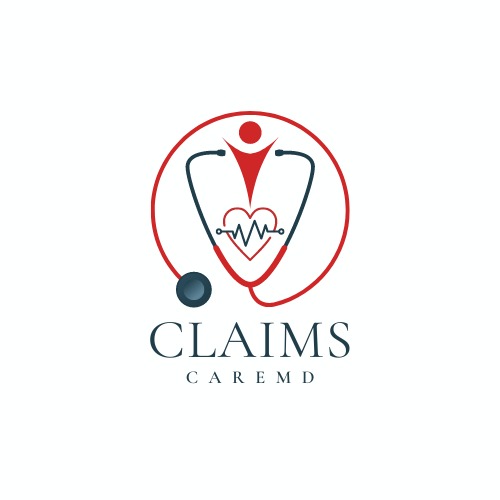Medical Billing Software
The cost of medical billing software can differ among providers. As a HIPAA-compliant medical billing company, we utilize software that is both compliant and bug-free. Not all source codes meet the specific needs of medical billing and coding, which is why we rely on authentic software that has stood the test of time.
What is Medical Billing Software
Medical billing software is provider-friendly, and, virtually assists with billing problems. It is designed to handle calculations of reimbursement, financial data, and revenue cycle management to an advanced level of certainty.

Features
Medical billing software possesses the capability to monitor every aspect of the medical billing workflow, spanning from appointment scheduling to reimbursement processing. The following functions encapsulate its essential role:
- Front office staff utilize the software to schedule appointments, verify patient eligibility with insurance companies, and send appointment reminders. Additionally, it can manage no-shows effectively.
- When a doctor meets with a patient, data from the interaction is seamlessly transferred from the Electronic Health Record (EHR) to the billing software, facilitating improved communication between clinical staff and the front office.
- Claim scrubbing features in the software boost the claim acceptance rates.
- When a doctor sees the patient, data from the interaction is passed on from the EHR to the billing software for better communication between the clinical staff and front office.

Difference Between EHR, Practice Management And Billing Software
EHR, or Electronic Health Record, is specifically designed for patient records. EHR Incentive Programs, facilitated through Medicare and Medicaid, are extensions of this system. The accepted version for present and future MIPS reporting, according to CMS, is the 2015 edition of CEHRT (Certified Electronic Health Record Technology). The meaningful use of EHRs is a requirement for providers within the value-based care system.
Practice Management System (PMS) handles the administrative aspects of practices, such as staff attendance, inventory management, and patient data management.
Medical billing software serves the fundamental purpose of organizing claims and optimizing reimbursements, regardless of whether you opt for a budget-friendly or more expensive solution. Accurate charge assignment for procedures, along with correct ICD-10 medical coding, ensures precise billing, relying on the proficiency of the user.
Durable Medical Equipment (DME) billing software is another crucial aspect, aiding doctors in billing for DME when patients require therapeutic adjustments.
